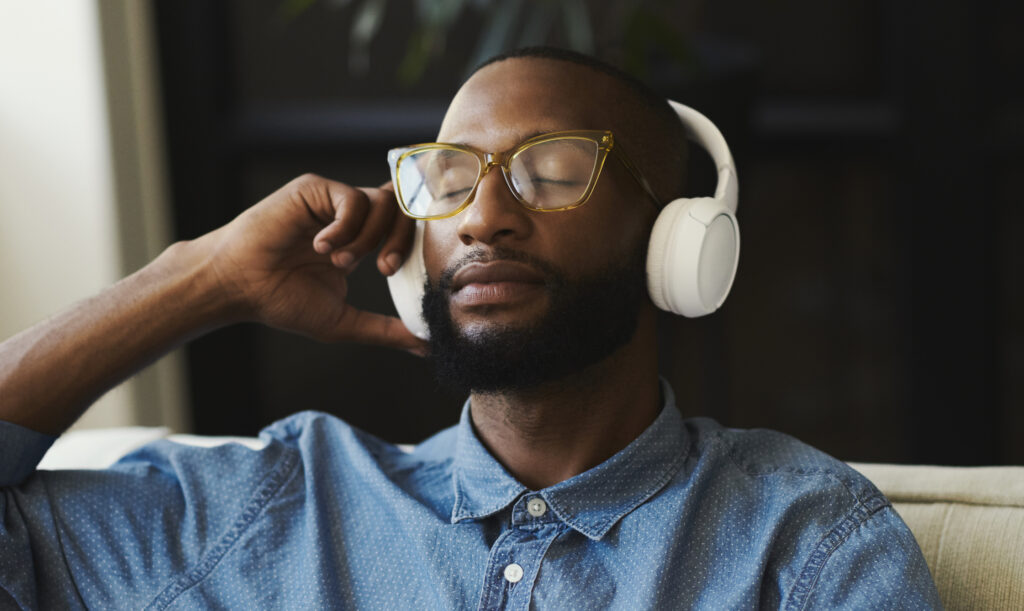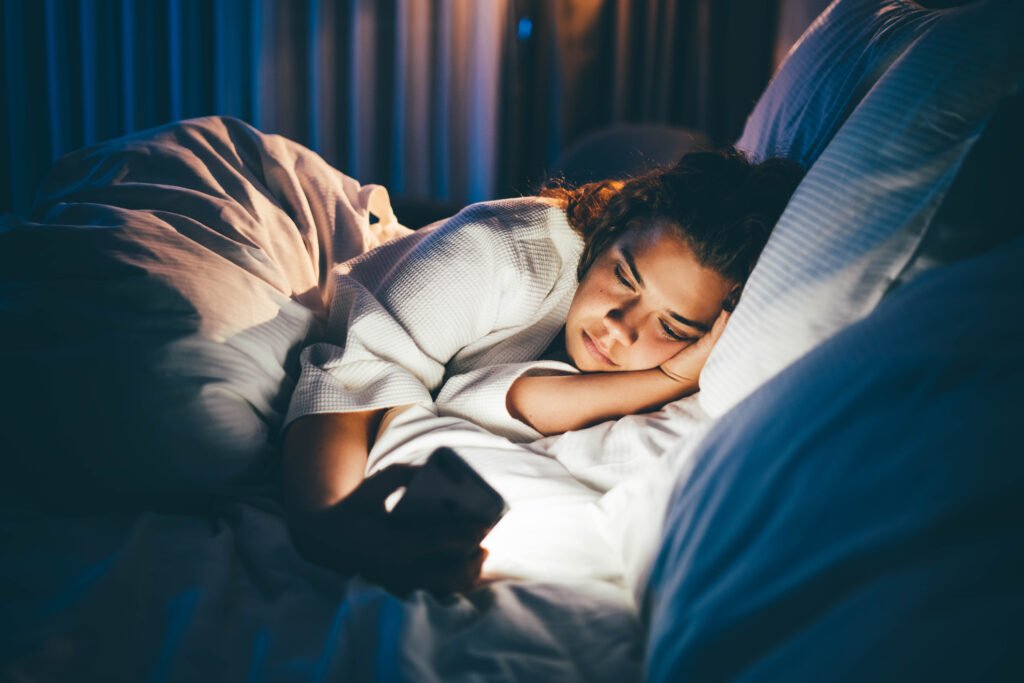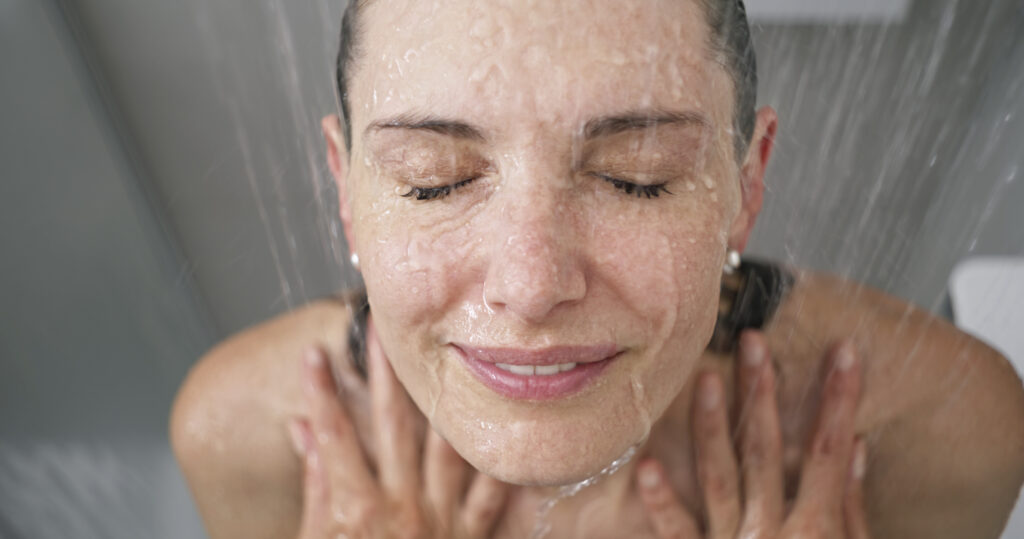Anyone confused by the phrase “sleep hygiene” definitely isn’t alone. The juxtaposition of a word associated with lather and soaker tubs seems like an odd bedfellow for its companion, which is commonly linked to pillows and thread counts.
However, the etymology of “hygiene” makes it make sense. Its Greek origin, “hygies,” means “healthy.” And sleep, quality sleep, is absolutely essential for good health.
Quality sleep is more than the amount of time you spend in bed, according to the American Heart Association. Quality sleep means it is uninterrupted and of the proper length of time for your age and state of health. It should occur regularly. There’s no such thing as “making up sleep” after days or weeks of inadequate rest.
A lack of sleep does more than make you groggy or cranky. It affects your cardiovascular function. Rest allows the body to heal and repair blood vessels and the heart, according to the National Heart, Lung, and Blood Institute. And recent research suggests that poor sleep can lead to heart disease. And damage your brain.
Extended periods without sufficient sleep impair memory. Think of going to sleep as putting a treasured photo in a frame. When you go to sleep, that’s when your mind stores significant memories. A lack of rest diminishes the ability to learn and increases the risk of developing neurological diseases, including Alzheimer’s disease, according to the American Chemical Society.
Sleep disorders such as insomnia or sleep apnea present serious health risks. Signs of insomnia include consistent trouble falling asleep and staying asleep, which can lead to daytime fatigue and difficulty concentrating.
If you sleep alone, you may not be aware of whether you have sleep apnea, a condition characterized by the stopping and restarting of breathing while asleep. However, SleepCheckRx, an app cleared by the Food and Drug Administration as a screening tool, is available for smartphones by prescription.

Health and Wellness does not recommend or endorse SleepCheckRx. Individuals who suspect they have insomnia or obstructive sleep apnea should discuss their symptoms with medical professionals who can provide guidance on assessment tools and medical interventions if needed.
Similarly, Health and Wellness does not provide medical advice. However, health institutions and professional medical organizations have provided lists of practices that can improve sleep quality. Health and Wellness curated 10 tips from that expert guidance for your consideration and consultation with your healthcare team.
Because stress, anxiety and worry often contribute to sleepless nights, Johns Hopkins Medical offers two suggestions for relieving stress. The techniques, gentle breathing and muscle relaxation, are designed to activate the body’s natural calming responses, said Johns Hopkins sleep expert Luis F. Buenaver.
Tip 1: Gentle Breathing
Lie down in a quiet place with your eyes closed and focus on your breathing for five minutes. While in that comfortable position, “…breathe down into your belly” and perhaps “repeat to yourself, ‘Breathing in I am calm. Breathing out I am coping,'” Buenaver said in the Johns Hopkins publication.
Tip 2: Progressive Muscle Relaxation
The technique helps identify areas of the body that are tense and require your attention. Lie quietly and take gentle breaths. After a few minutes, start tensing and releasing muscle groups beginning with the face, head and neck.

Tighten muscles when inhaling and release them during exhalation. In sequence, repeat the process with the upper extremities, then the back and core, glutes, thighs, then shins, calves and finally, feet. Note the rigid body parts and repeat the process.
The Sleep Foundation recommends incorporating writing and meditation practices to reduce stress and improve sleep.
Tip 3: Guided Meditation and Imagery
Guided meditation involves following verbal commands to visualize a specific serene location that the instructor selects. Frequently soothing music or natural sounds provide a backdrop for the subsequent instructions.
Apps, YouTube and music streaming services offer guided meditations. With guided imagery, individuals choose the space they want to envision, usually an area that creates a sense of peace for them.
Tip 4: Meditative Movement
This form involves gentle, deliberate motions and breathing. Being aware of how your body connects to the ground is a crucial aspect to confer the feeling of being anchored in the present moment. Popular forms of movement meditation include yoga, tai chi and aikido.
Tip 5: Journaling
Take what’s on your mind and put it on paper. Place a journal near your bed, and if anxious thoughts arise, write them down and address them.
After addressing the stress and muscle tension that might have prevented relaxation, it’s essential to prepare your environment and eliminate some sleep-harming habits. The National Sleep Foundation offers guidance on how to achieve both.
Tip 6: Limit Alcohol and Caffeine
Although alcohol helps some people relax, it is also a stimulant. A drink or two can and has made some people gregarious and active. And there’s a reason people grab a cup of java in the morning. That’s the same reason you should skip it at night.
Tip 7: Avoid Blue Lights
At least an hour before bed, close the laptop and put down the phone. The brightness emanating from electronics can disrupt your circadian rhythm, your body’s natural 24-hour internal clock, according to Harvard Health. And that blue light includes television. You might think that Netflix or the news playing in the background is helpful, but it’s not. Which brings us to the next tip.

Tip 8: Reduce Noise, Light and Temperature
Try to ensure the area where you sleep is dark, quiet and cool. Personal preferences aside, a warm and stuffy room can cause fatigue, lead to awakenings during sleep or decrease deep sleep, which is when the body restores itself, according to the Sleep Foundation. The organization recommends a temperature range of 65°F to 68°F.
Tip 9: Take A Warm Shower or Bath
Warm water tells your body to produce the sleep hormone, melatonin, according to “Psychology Today.” A researcher who studied the effect bathing produces found that the timing is essential. Shower one to two hours before going to bed, and the cleansing doesn’t need to last longer than 10 minutes to produce the positive results.
Tip 10: Stick To A Sleep Schedule
As an adult, you’ve earned the right to go to bed whenever you desire. Embrace that grown-up privilege responsibly by treating yourself like an infant and adopting a sleep schedule. Maintaining a consistent time to go to bed and wake up, even on weekends, can improve heart health, according to the National Sleep Foundation. It also equips you to manage stress more effectively.
Lagniappe Tip
Health and Wellness promised 10 suggestions, but who doesn’t appreciate lagniappe? If your pillow has lost its fluff or shape, it’s time to replace it. Ensure you select a pillow that reduces the chance of waking with a headache or harming your spine.
The tips may help you clean up your sleep hygiene, and you can find more information on sleep here and reducing stress here.


